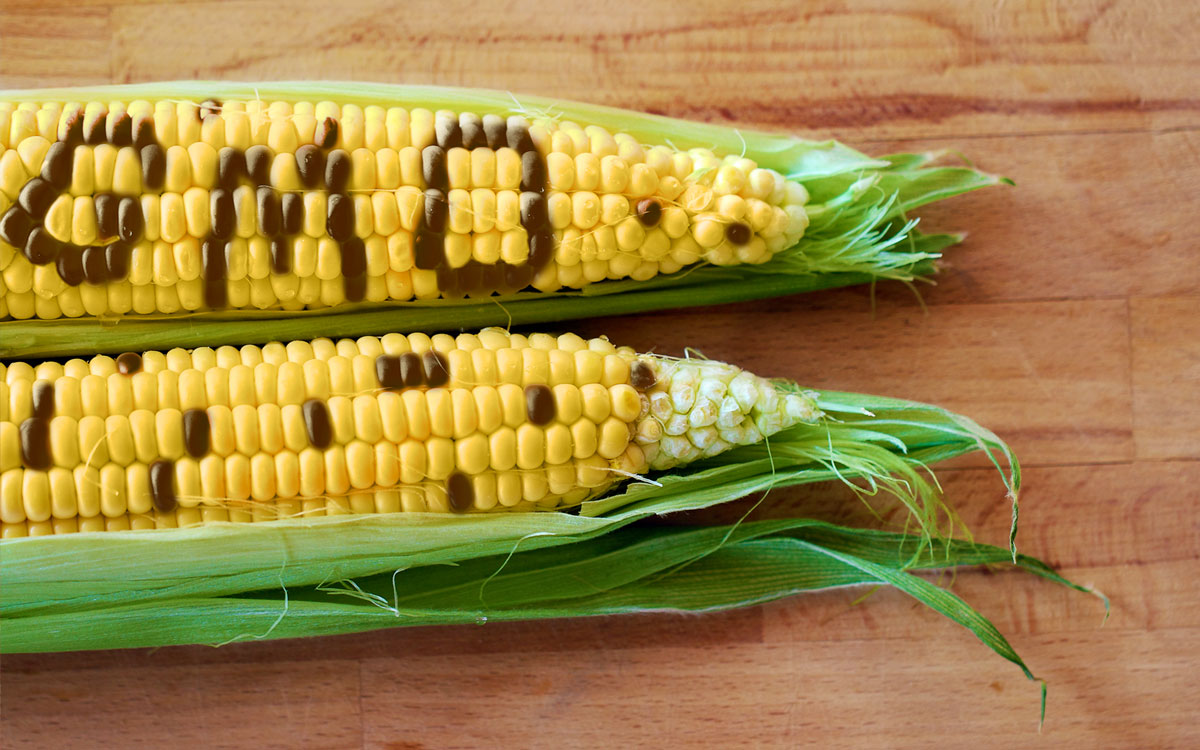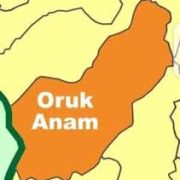World Food Safety Day: HOMEF, ERA and Allies Renew Call for Ban on GMOs

By Ekemini Simon
Health of Mother Earth Foundation, Environmental Rights Action/Friends of the Earth Nigeria, and the GMO-free Nigeria Alliance have again called on the Federal Government to ban the use of genetically modified organisms (GMOs) and their products in Nigeria.
This call was made in a statement issued on Wednesday during a virtual session held by HOMEF to commemorate the World Food Safety Day 2025.
The call is coming after the House of Representatives in May 2024 called on the Federal Government of Nigeria to suspend the commercialisation of GMOs in Nigeria amid concerns over food and environmental safety. The Federal Government is yet to make a pronouncement on the call.
The statement noted that although there is an urgent need for a food systems transformation in Nigeria to ensure the availability, accessibility, and affordability of food and to ensure resilience to environmental challenges, including climate change, the solution to the food challenge does not lie with GMOs.
The statement said that Nigeria cannot adopt a technology whose disadvantages far outweigh potential advantages and benefit only a handful of people—the biotech corporations and their allies.
The Executive Director of HOMEF, Dr. Nnimmo Bassey, stated that a moratorium on GMOs, including a nullification of previous permits and approvals, is critical because GMOs are designed not to address food insecurity but to consolidate control of Africa’s food and farming system in the hands of a few corporations/seed industries.
“This is known by the patent rights enforced on the products, which prohibit farmers from saving, sharing or replanting the seeds. Even those without the patent restrictions, when replanted, yield poorly. This is a calculated attack on Nigeria’s food sovereignty and must be seen as such.
“Seed saving and sharing is an age-long culture in Nigeria, where farming is about 80% informal, with farmers being able to select and improve seeds using traditional methods and being able to exchange the same. It is worthy of note that the Cotton Farmers’ Association of Nigeria in 2024 noted that in about three years since they were given the Bt Cotton to plant, they haven’t recorded any significant increase in yields compared to the indigenous varieties; instead they have observed that their soils become unproductive after they planted the genetically modified cotton”, Dr Bassey explained.
Also, speaking to why a ban is urgently needed, Dr Ifeanyi Casmir, a molecular biologist and researcher, noted that there is no evidence of long-term risk assessment conducted by the Nigerian government on the health impact of GMOs.
He highlighted that several studies link the consumption of GMOs to diverse health disorders, including immune system dysregulation, increased allergic responses, chronic inflammation and organ toxicity, as well as tumour development.
Dr Casmir also noted that studies have found Bt toxins (Cry1Ab) in 93% of pregnant women and 80% of fetal cord blood, raising risks of birth defects, cancer, and allergies.
“The fact that our regulatory agency -the National Biosafety Management Agency (NBMA) cannot show any evidence of independent and extensive risk assessment conducted shows irresponsibility and lack of concern for public health”. He concluded.
On his part, Professor Tatfeng Mirabeau, Professor of Medical Microbiology and Immunology said that another critical reason why Nigeria should hold the brakes on GMOs is the impact on the environment.
He said studies have shown that Bt Crops, for example, the Bt beans that were approved for commercial release in 2019 and 2024, respectively, contain proteins that, when released into the soil, destroy soil microorganisms, leading to soil degradation and reduced fertility.
Prof. Mirabeau said there are reported cases of pest resistance leading to the development of superbugs and superweeds in the case of the herbicide-tolerant GMOs, which make up about 80 percent of all GMOs globally.
He added “The herbicides designed mostly by the same companies producing the seeds have been shown by studies to destroy not just the target weeds but also beneficial organisms in the ecosystem, including bees.
“GMOs pose a critical risk of genetic contamination of indigenous seed varieties owing to gene transfer. For this reason, Mexico and a host of other countries have placed a total or partial ban on GMOs. We cannot overlook such a grave threat to our plant genetic resources especially as such contamination is irreversible.”
According to Barr. Mariann Bassey-Orovwuje, ERA’s Deputy Executive Director, Nigeria, currently does not have a policy on open market labelling and as such, the public does not have the right of choice as to whether or not to consume GMOs.
She explained that this negates the people’s right of choice and the right to safe food. Barr. Orovwuje further noted that there are fundamental flaws with the current Biosafety Regulatory Agency, including that there is no provision on strict liability, which should ensure that the holder of a permit for any GM product takes responsibility for any negative effects that will ensue.
She added “Another major flaw in the National Biosafety Management Agency Act is the lack of attention to the Precautionary Principle, which simply advises a halt on any process where there are threats to health or environmental impacts from the use of GMOs.
“Nigeria needs to critically address waste, which accounts for about 40% of the food produced. In the same vein, Nigeria needs to critically address issues of insecurity/banditry that keep many farmers away from their farms, leading to reduced productivity.”
The statement stressed that Nigeria can transform its agriculture system in an inclusive and sustainable manner by adopting and promoting agroecology – which not only ensures increased productivity by improving soil health and biodiversity but also assures economic resilience for Nigeria’s farmers as well as climate change resilience.
The statement added “Let’s be clear, GMOs are not the solution to food insecurity. True progress lies in empowering our farmers through sustainable, inclusive practices that safeguard our land, our people, and our future. Nigeria has the potential to lead a truly green, resilient agroecological revolution, if we act decisively now”







